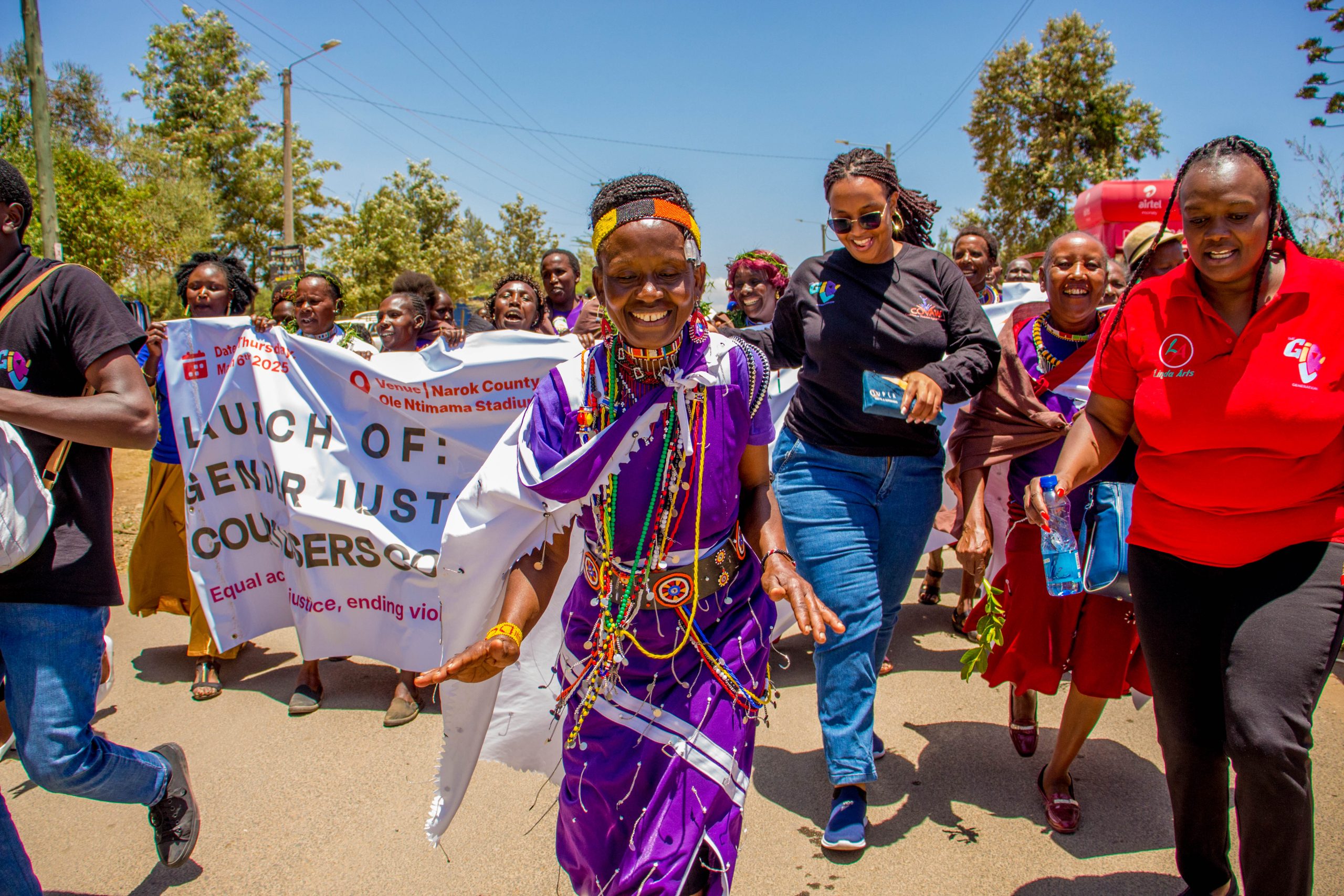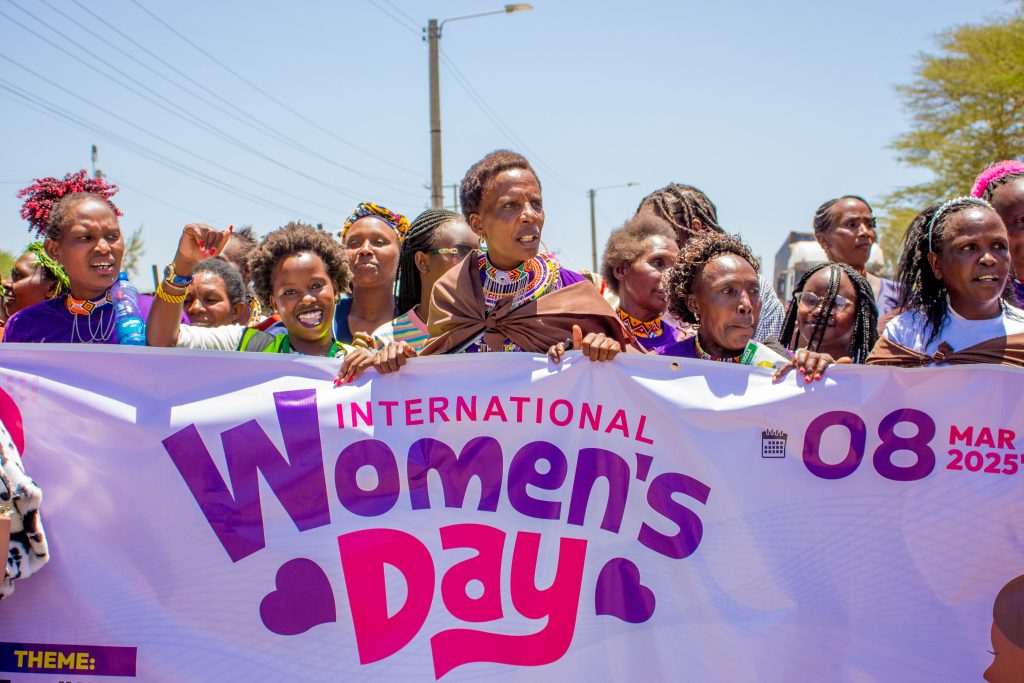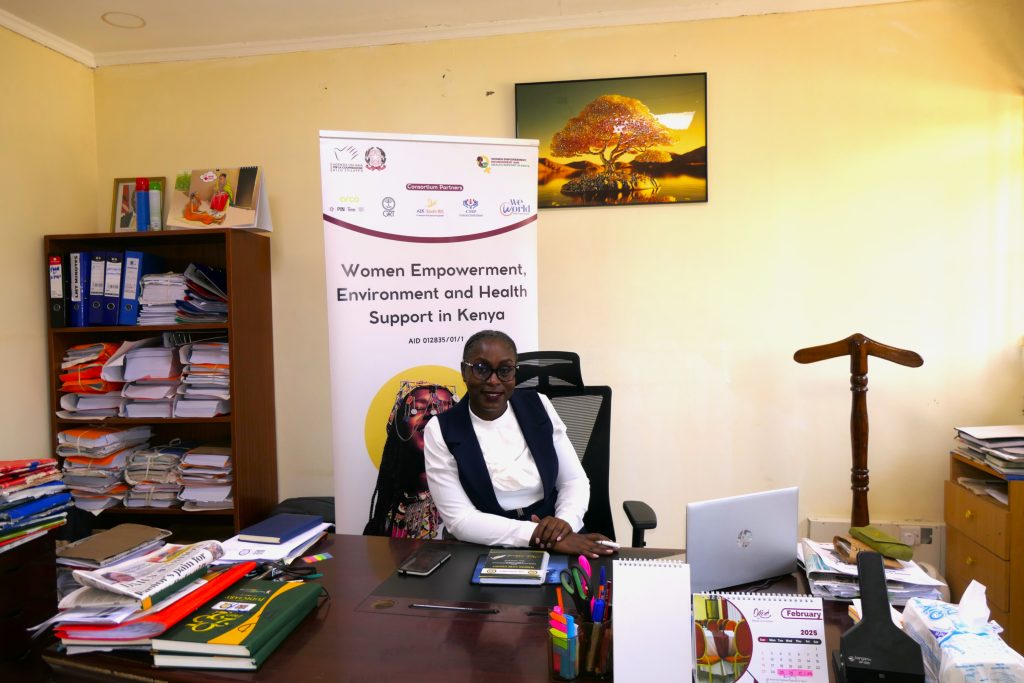On March 8th, in the semi-arid county of Narok, southwestern Kenya, International Women’s Day was marked by a significant initiative: the launch of a specialized committee dedicated to handling gender justice cases. This milestone has been made possible through the crucial support of the Imarisha Mwanamke Afya na Rasilimali (IMARA) project, funded by the Italian Agency for Development Cooperation (AICS) and implemented by a consortium of international and national NGOs led by WeWorld.
Magistrate Phyllis Shinyada Lucia, who works closely with Narok County on gender-related matters, highlighted the alarming rise in gender-based violence cases in the region, affecting women, men, girls, and boys. She revealed that "In 2024 alone, Narok courts have already registered 91 cases of sexual offenses." She further added: "As of March this year, we already have 10 defilement cases registered—averaging three new cases monthly, and these are only the reported incidents".
These figures underscore the urgency of a specialized committee capable of monitoring cases and ensuring fair access to justice for survivors. The Committee brings together key actors from the justice system, including police, correctional services, probation officers, and prosecutors, with the goal of improving coordination and effectiveness in responding to gender-based crimes.
The IMARA initiative has played a key role in making this possible. By working closely with the justice system and local communities, IMARA addresses the root causes of violence, fostering lasting cultural and institutional change.
Speaking about the challenges the Committee is expected to face, Magistrate Lucia emphasized financial constraints as well as cultural barriers: "We also have cultural setbacks within Narok County related to harmful practices such as FGM and early child marriage", she explained. However, she expressed confidence that these obstacles would not significantly slow down the Committee’s efforts in the fight against gender injustices.
One of the Committee’s primary objectives will be to reduce the backlog of cases. "This backlog is caused by many issues - lack of witnesses coming to court, and witness interference particularly in cases involving cultural practices like FGM and child marriage" Magistrate Lucia noted. To address this issue, one of the Committee’s key tasks will be to collaborate with civil society organizations to identify and support witnesses who struggle to attend hearings.
"Getting justice means, for the victim, to access fair and effective justice" Magistrate Lucia affirmed.
Following the launch of the EnCYCLEpedia ("Things You Should Know About Menstrual Justice"), published by WeWorld, and the fifth edition of the Mara Girl Summit, held on November 28–29, 2024—both supported by WeWorld in collaboration with AICS under the IMARA Project—this initiative marks another step in the Italian Cooperation’s ongoing efforts with Narok County to combat gender-based violence.
This article was written by Sheila Sirali, Communication Officer at WeWorld

Celebrations for the Launch of the Committee in Narok on March 8

Procession During the Celebrations for March 8 in Narok

Magistrate Phyllis Shinyada Lucia collaborates with Narok County in handling gender-related issues
